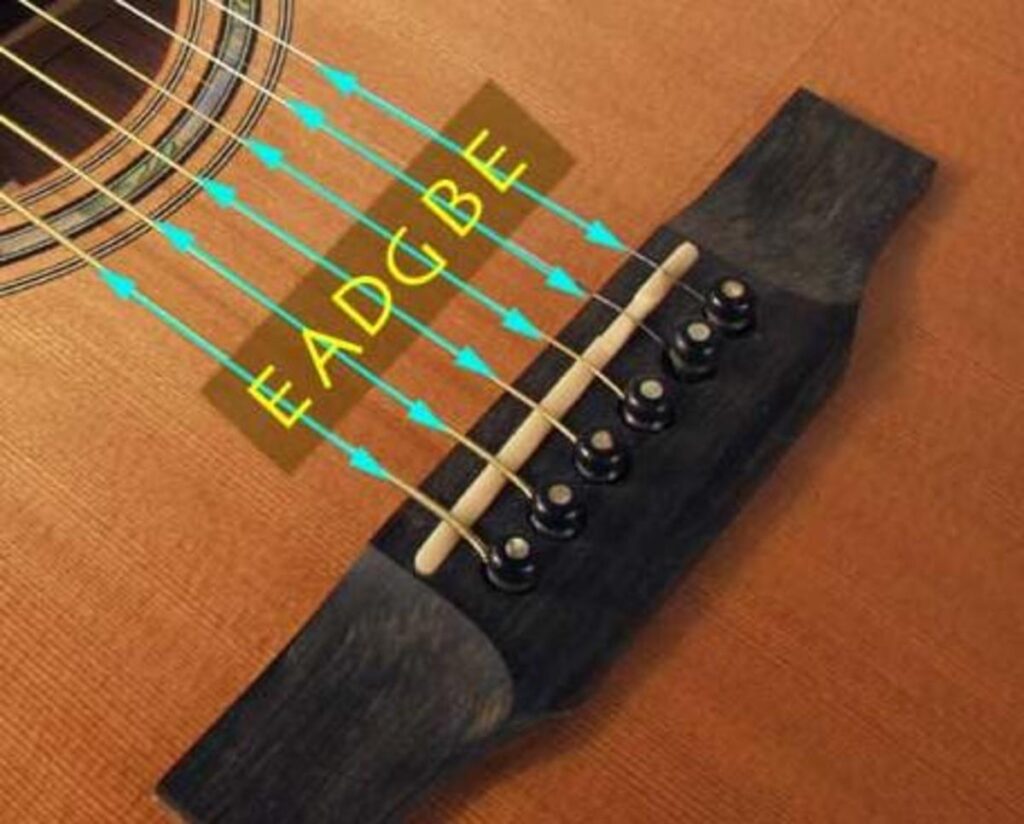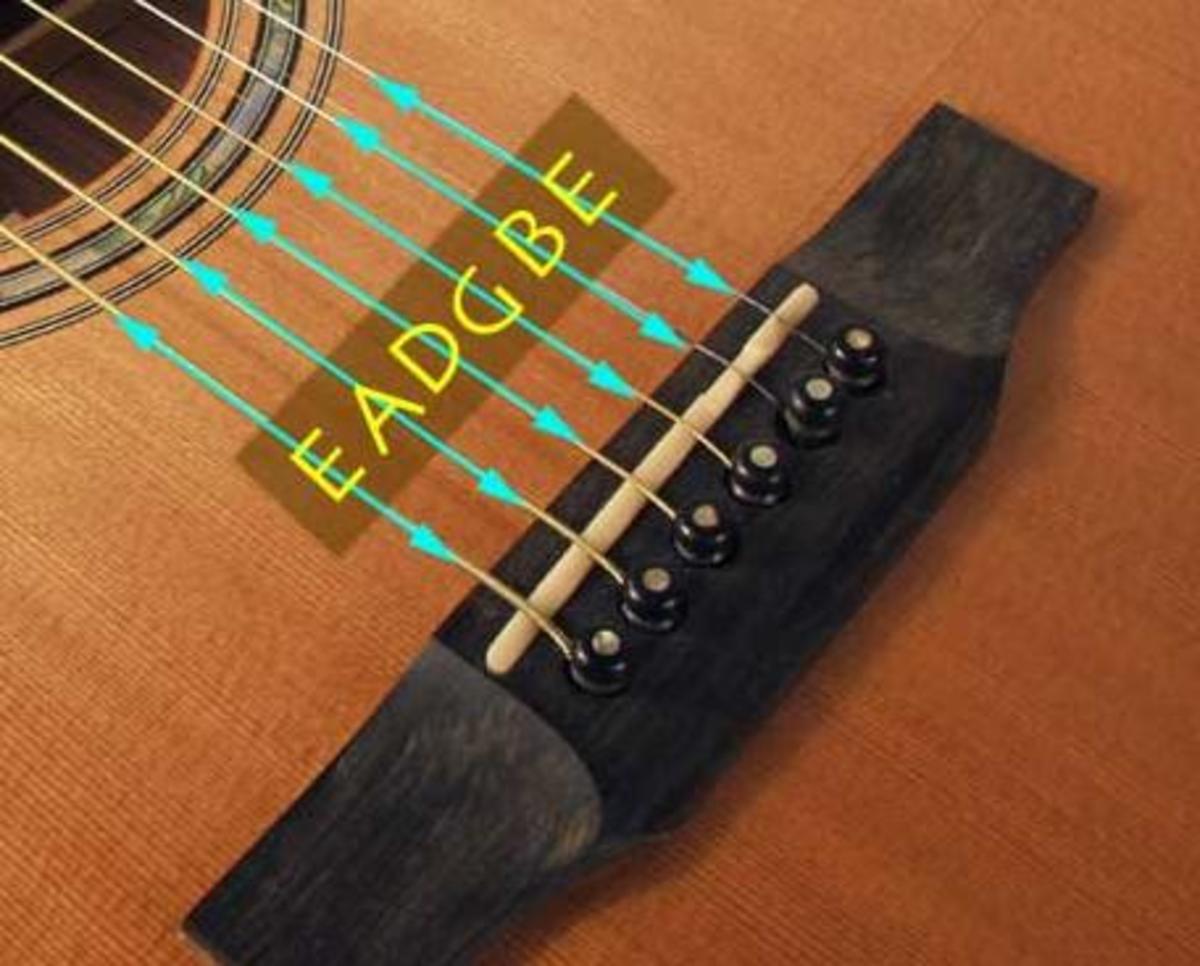
Unlock Country Acoustic Gold: Top Tips for D Tuning Hits
Ever wondered how some of the most soulful country acoustic songs achieve that rich, resonant sound? The secret often lies in D tuning. D tuning, where you tune your guitar down a whole step (D-G-C-F-A-D), opens up a world of possibilities for country musicians. It not only provides a deeper, more mellow tone, but also simplifies certain chord voicings and allows for expressive slide techniques. This guide provides comprehensive tips country acoustic hit in d tuning, transforming your playing and songwriting. We’ll explore everything from the foundational techniques to advanced strategies for crafting your own D tuning masterpieces. You’ll discover how to harness the power of this versatile tuning to create authentic country sounds.
Mastering the Basics of D Tuning for Country Acoustic
Before diving into advanced techniques, let’s solidify the fundamentals of playing country acoustic in D tuning. This starts with accurately tuning your guitar and understanding the altered chord shapes.
Tuning to D: A Step-by-Step Guide
The first step is, of course, tuning your guitar to D tuning. Here’s a reliable method:
- Start with standard tuning (E-A-D-G-B-E).
- Tune the 6th string (low E) down a whole step to D. Use a tuner to ensure accuracy.
- Tune the 2nd string (B) down a whole step to A. Again, use a tuner.
- Tune the 1st string (high E) down a whole step to D. Use your tuner.
- Check your tuning. Strum a D chord to make sure it sounds right. Fine-tune if needed.
Essential D Tuning Chord Shapes for Country
Once you’re in D tuning, you’ll need to learn some basic chord shapes. The good news is that many familiar chord shapes from standard tuning can be adapted. Here are a few essential chords for playing country acoustic in D tuning:
- D Major: 000232
- G Major: 555433
- A Major: 777655
- E Major: 222100
- Bm: 997777
These chord shapes provide a solid foundation for playing a wide range of country songs in D tuning. Experiment with different voicings and inversions to add your own personal touch.
Understanding the D Tuning Scale
Knowing the D major scale in D tuning is crucial for creating melodies, solos, and fills. The D major scale in D tuning is: D-E-F#-G-A-B-C#-D. Familiarize yourself with this scale and its various positions on the fretboard. This will unlock a world of improvisational possibilities.
Exploring Advanced Techniques for Country Acoustic in D Tuning
With the basics under your belt, it’s time to delve into some advanced techniques that will truly elevate your country acoustic playing in D tuning.
Slide Guitar in D Tuning: A Country Staple
D tuning is particularly well-suited for slide guitar. The lower tuning provides a richer, more resonant tone, and the open D chord makes it easy to play slide licks. Experiment with different slides (glass, metal, ceramic) to find the sound that you like best. Some players prefer heavier gauge strings for slide, as the increased tension helps prevent buzzing.
Fingerpicking Patterns in D Tuning
Fingerpicking is another essential technique for country acoustic guitar. D tuning opens up new possibilities for fingerpicking patterns, as the lower tuning allows for more expressive bass lines. Experiment with different fingerpicking patterns, such as Travis picking, to create a unique sound. Try arpeggiating chords or incorporating hammer-ons and pull-offs for added flair.
Utilizing Capos in D Tuning
Using a capo in conjunction with D tuning can create even more sonic possibilities. By placing a capo on different frets, you can effectively change the key of the song without having to retune your guitar. This can be particularly useful for playing with other musicians or for finding the optimal key for your vocal range. Capos can also subtly alter the timbre of the guitar, adding brightness or warmth.
The Enduring Appeal of Martin Guitars in Country Acoustic Music
When discussing country acoustic music, the name Martin Guitars inevitably arises. For generations, Martin guitars have been a mainstay of country music, prized for their rich tone, exceptional craftsmanship, and enduring legacy. Their models have contributed to countless country hits.
Martin guitars are known for their balanced sound, with a clear, articulate high end, a warm, resonant midrange, and a powerful low end. This makes them ideal for a wide range of country styles, from bluegrass to folk to contemporary country. The build quality is exceptional, ensuring that these instruments can withstand the rigors of touring and recording.
Key Features of Martin Guitars That Make Them Ideal for Country Acoustic
Several key features contribute to the enduring appeal of Martin guitars in the country music world:
Solid Wood Construction
Martin guitars are renowned for their use of solid woods, such as spruce for the top and mahogany or rosewood for the back and sides. Solid wood construction is essential for producing a rich, resonant tone that improves with age. Unlike laminate woods, solid woods vibrate freely, allowing the guitar to project its sound more fully.
Scalloped Bracing
Martin’s scalloped bracing pattern is another key factor in its signature sound. Scalloping the braces reduces their weight, allowing the top to vibrate more freely. This results in a louder, more responsive guitar with greater sustain. The specific bracing pattern varies depending on the model, but all Martin guitars benefit from this innovative design.
Dovetail Neck Joint
The dovetail neck joint is a traditional method of joining the neck to the body of the guitar. This joint is incredibly strong and stable, ensuring that the neck remains securely attached to the body for decades to come. The dovetail neck joint also contributes to the guitar’s overall resonance and sustain.
Nitrocellulose Finish
Martin guitars are typically finished with a thin layer of nitrocellulose lacquer. This finish allows the wood to breathe and vibrate freely, resulting in a more open and responsive sound. While nitrocellulose lacquer is more delicate than some modern finishes, it is prized for its tonal qualities and its ability to age gracefully.
Timeless Design
Martin guitars are instantly recognizable for their classic, understated design. The simple lines, elegant appointments, and meticulous attention to detail make them a joy to behold. These guitars are built to last, both in terms of their physical durability and their timeless aesthetic appeal.
The Unmatched Advantages of Playing Country Acoustic in D Tuning with a Martin Guitar
The combination of D tuning and a Martin guitar creates a unique and powerful sonic experience for country musicians.
Enhanced Resonance and Sustain
D tuning lowers the overall tension of the strings, allowing the guitar to vibrate more freely. When combined with the resonant properties of a Martin guitar, this results in enhanced sustain and a richer, more complex tone. Notes ring out longer and more clearly, adding depth and emotion to your playing.
Simplified Chord Voicings
D tuning simplifies many common chord voicings, making it easier to play complex chord progressions. This can be particularly beneficial for fingerstyle players, as it allows them to create more intricate arrangements. The open D chord also makes it easy to play slide guitar licks.
Increased Expressiveness
The combination of D tuning and a Martin guitar allows for greater expressiveness in your playing. The lower tuning provides a more relaxed feel, making it easier to bend strings and create subtle nuances in your tone. The resonant properties of the guitar also amplify these nuances, allowing you to communicate your emotions more effectively.
Authentic Country Sound
The sound of a Martin guitar in D tuning is instantly recognizable as a classic country sound. This combination has been used on countless country hits, and it continues to be a favorite among country musicians today. By playing a Martin guitar in D tuning, you can tap into this rich musical tradition and create your own authentic country sound.
Improved Playability
The lower tension of D tuning can make the guitar easier to play, particularly for beginners. The strings are softer and more forgiving, making it easier to fret notes and chords. This can help you to develop your technique more quickly and avoid hand fatigue.
A Detailed Look at the Martin D-28: A Country Acoustic Icon
The Martin D-28 is arguably the most iconic acoustic guitar in country music history. Its rich, powerful tone and exceptional playability have made it a favorite among countless legendary country artists.
User Experience & Usability
The D-28 is known for its comfortable neck profile and smooth action. The neck is typically made of mahogany, which provides a warm, resonant tone. The fretboard is usually made of ebony or rosewood, which are both smooth and durable. The guitar is well-balanced and easy to hold, making it comfortable to play for extended periods.
Performance & Effectiveness
The D-28 delivers exceptional performance in a wide range of playing styles. It is equally well-suited for strumming, fingerpicking, and flatpicking. The guitar’s powerful projection and balanced tone make it ideal for both live performance and recording. It cuts through the mix with clarity and authority.
Pros of the Martin D-28
- Unmatched Tone: The D-28’s rich, powerful tone is legendary.
- Exceptional Playability: The guitar is comfortable and easy to play.
- Timeless Design: The D-28 is a classic, understated design.
- Superior Build Quality: The guitar is built to last a lifetime.
- Versatile: The D-28 is suitable for a wide range of playing styles.
Cons/Limitations of the Martin D-28
- High Price: The D-28 is a premium instrument and comes with a premium price tag.
- Delicate Finish: The nitrocellulose finish is prone to scratches and dings.
- Requires Proper Care: The guitar needs to be properly humidified to prevent damage.
- Can be too loud for some situations: Its powerful projection can be overwhelming in smaller spaces.
Ideal User Profile
The Martin D-28 is best suited for serious musicians who are looking for a high-quality instrument that will last a lifetime. It is ideal for professional guitarists, songwriters, and recording artists who demand the best possible tone and playability. While the price point is high, the D-28 represents a worthwhile investment for those who are passionate about music.
Key Alternatives
Alternatives to the Martin D-28 include the Gibson J-45, known for its warm, woody tone, and the Taylor 814ce, which offers a brighter, more modern sound.
Expert Overall Verdict & Recommendation
The Martin D-28 remains an iconic and highly desirable acoustic guitar. Its legendary tone, exceptional playability, and timeless design make it a top choice for serious musicians. While the price is a significant consideration, the D-28 represents a worthwhile investment for those who demand the best. We highly recommend the Martin D-28 to any musician looking for a professional-grade acoustic guitar.
Crafting Your Country Acoustic Sound in D Tuning
Mastering tips country acoustic hit in d tuning requires dedication, experimentation, and a deep understanding of the techniques involved. By mastering the fundamentals, exploring advanced techniques, and carefully selecting your instrument, you can unlock a world of sonic possibilities and create your own unique country acoustic sound. The combination of D tuning and a high-quality acoustic guitar, such as a Martin, provides a solid foundation for creating authentic and expressive country music. Share your experiences with D tuning and your favorite country acoustic techniques in the comments below!

